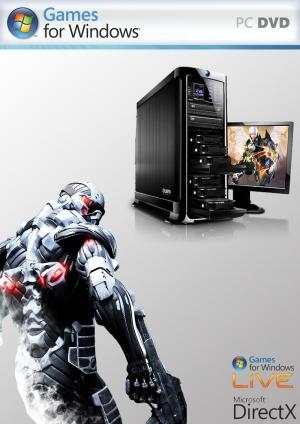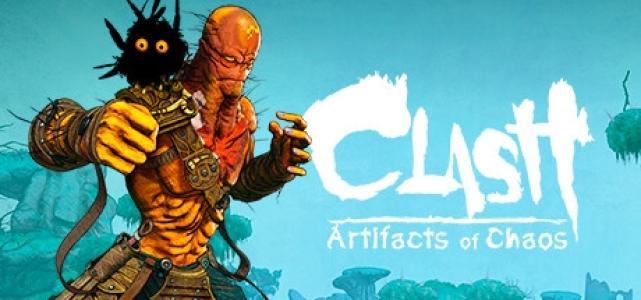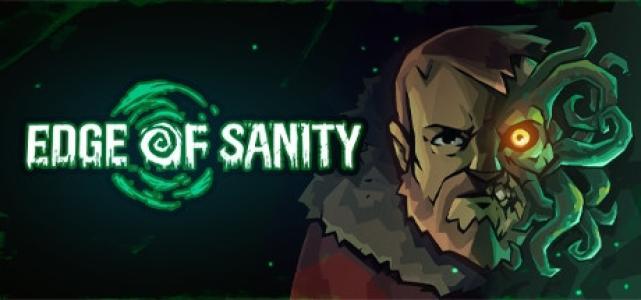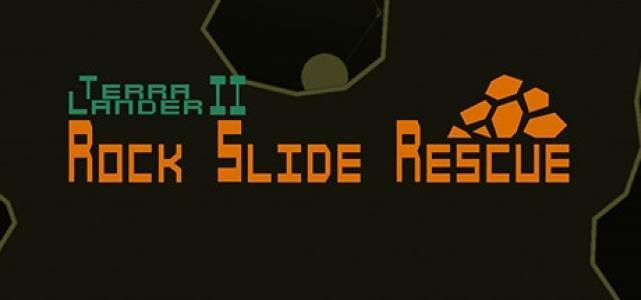
PC
PC Specifications
| Developer: | IBM |
| CPU: | x86 Based |
PC stands for Personal Computer. Mass-market consumer computers use highly standardized components and so are simple for an end user to assemble into a working system. A typical desktop computer consists of a computer case which holds the power supply, motherboard, hard disk and often an optical disc drive. External devices such as a computer monitor or visual display unit, keyboard, and a pointing device are usually found in a personal computer.
A personal computer, often referred to as a PC, is a computer designed for individual use. It is typically used for tasks such as word processing, internet browsing, email, multimedia playback, and gaming. Personal computers are intended to be operated directly by an end user, rather than by a computer expert or technician. Unlike large, costly minicomputers and mainframes, time-sharing by many people at the same time is not used with personal computers. Primarily in the late 1970s and 1980s, the term home computer was also used. The advent of personal computers and the concurrent Digital Revolution have significantly affected the lives of people in all countries.
Institutional or corporate computer owners in the 1960s had to write their own programs to do any useful work with computers. While personal computer users may develop their applications, usually these systems run commercial software, free-of-charge software ("freeware"), which is most often proprietary, or free and open-source software, which is provided in "ready-to-run", or binary form. Software for personal computers is typically developed and distributed independently from the hardware or operating system manufacturers. Many personal computer users no longer need to write their programs to make any use of a personal computer, although end-user programming is still feasible. This contrasts with mobile systems, where software is often available only through a manufacturer-supported channel, and end-user program development may be discouraged by lack of support by the manufacturer.
Since the early 1990s, Microsoft operating systems (first with MS-DOS and then with Windows) and Intel hardware - collectively called "Wintel" - have dominated the personal computer market, and today the term "PC" normally refers to the ubiquitous Wintel platform. Alternatives to Windows occupy a minority share of the market; these include the Mac platform from Apple (running the macOS operating system), and free and open-source, Unix-like operating systems, such as Linux. Other notable platforms until the 1990s were the Amiga from Commodore, and the PC-98 from NEC.
The term "PC" is an initialism for "personal computer". While the IBM Personal Computer incorporated the designation into its model name, the term originally described personal computers of any brand. In some contexts, "PC" is used to contrast with "Mac", an Apple Macintosh computer.
Since none of these Apple products were mainframes or time-sharing systems, they were all "personal computers" and not "PC" (brand) computers.
Latest on PC

Clash: Artifacts of Chaos
Hunted by mercenaries of an enemy with untold power, the fighter Pseudo and the creature under his protection begin a perilous quest to the edges of s...

Edge of Sanity
Set in the unforgiving lands of Alaska, Edge of Sanity is a Cthulhu-inspired, 2D survival horror game. Uncover a disturbing story while madness claws ...

UFO 50
UFO 50 is a collection of 50 single and multiplayer games that span a variety of genres, from platformers and shoot 'em ups to puzzle games, roguelite...

Constructor Classic 1997
Constructor is an exciting game of strategic action and ruthless acquisition where you’re constantly having to watch your back! You might be a small p...

The Repair House: Restoration Sim
From the original creator of PC Building Simulator comes The Repair House: Restoration Sim! Discover and restore a range of objects in this relaxing r...

Terra Lander II - Rockslide Rescue
Terra Lander II - Rockslide Resuce is a sequel to Terra Lander, a homage to the classic early days of arcade retro, but this time you will need to res...

Loco Motive
Loco Motive is a murder mystery-comedy, full of deadly surprises, larger than life characters and yes, the occasional blood fountain! Mr. Arthur Acker...

Justin Wack and the Big Time Hack
A cozy 2D Point & Click adventure featuring multiple playable characters and plenty of silliness. Oh, and there's time travel and relationship stuff g...

Ode to a Moon
Ode to a Moon is a first person thriller investigating the chilling aftermath of a town’s harvest festival.

Perseverance: Complete Edition
Persevere through family troubles, small-town drama, and… zombie apocalypse as Jack and Karen in Perseverance: Complete Edition! Get the ultimate P...